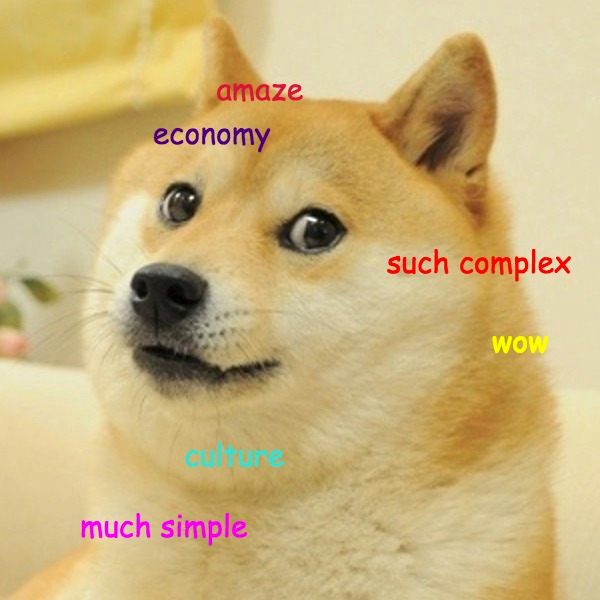I really enjoyed Erin Taylor’s recent piece on SM about how to make anthropology public, and I wanted to add on to her suggestions about how to make anthropology public with a few, slightly more unorthodox ones of my own. These suggestions rub against the anthropological grain because they involve small, quiet, and steady work that doesn’t feel heroic, despite the big impact that it has. So it may seem strange at first blush, but I firmly believe the most effective way to get the best anthropology in front of the most people is to edit wikipedia and write book reviews on Amazon.
Wikipedia, of course, needs no introduction to most people. It is an indispensable source of information — even for people who hate it. It’s ubiquitous, and it’s here to stay. What’s more, it’s a site that people actively go to for information. One of the big questions for public anthropology is: how do we push content in front of eyeballs?This isn’t a question for Wikipedia, because people actively pull content from the site.
And they do it in tremendous numbers. Now and again I have a go at trying to improve the Wikipedia entry on Melanesia. It seems like an obscure topic for an obscure page, but it gets 28,000 views a month. This is far more than the entry on, say, Franz Boas, which got 14,000 views last month. (Mainly this is because more people live in Melanesia than live in Franz Boas, I reckon). With just a little bit of work, we can alter what thousands of people know about the topics we study.
Amazon reviews have the same features as Wikipedia entries: people pull information from the site, rather than have it pushed to them. It receives massive traffic. Amazon’s data base of reviews will probably live forever, just like Wikipedia’s — except in this case, this is because Amazon is a massive corporate behemoth taking over the world.
Reviewing a good book on a topic is vital because it tells Amazon’s algorithms to lift the book out of the massive sea of self-published noise that is Amazon’s book database. In fact, it is Amazon’s ruthless reusing of your content to infinity and beyond that is part of what is so valuable for writing with them — they will show it and spread it and reuse it for as long as they can. And, of course, it lets people know what you thought about the book.
Of course, when you review a book for Amazon you are making a deal with the devil: you are helping the public learn more about the book, but you are also adding value to a corporation who — let me be polite here — has different interests than scholarly publishers and anthropologists. I personally feel in this instance it’s a deal worth making. And, last time I read Amazon’s license for your review, they didn’t stop you from publishing it on as many book review sites as you like — which is probably another great thing to do.
There are things that writing for Wikipedia and Amazon doesn’t do: It doesn’t make you feel like a hero. It doesn’t make you feel personally responsible for changing the world. It doesn’t make you famous to people. In this sense, it is very much out of the Margaret Mead mold. It may not feel as gratifying as writing a 500 word op-ed in the TLS and having your colleagues fuss over it.
But if the goal is to get the best information in front of the most eyeballs, then we need to realize that in today’s world, the most effective way to make anthropology public may not be what is most emotionally gratifying for those with a need to save the world. In the past I’ve wondered what amount of public anthropology would actually satisfy public anthropology advocates. I know my answer to this question: when we can send our students to Wikipedia and Amazon knowing that they will get high-value information about our discipline from them.
Making anthropology public may involve doing things that most people don’t even recognize as public anthropology. Some may not even be aware that it is happening, even as it grows more and more successful. For as Margaret Mead once said, never doubt that a small group of thoughtful, committed Wikipedia edits can change the world; indeed, it’s the only thing that ever has.
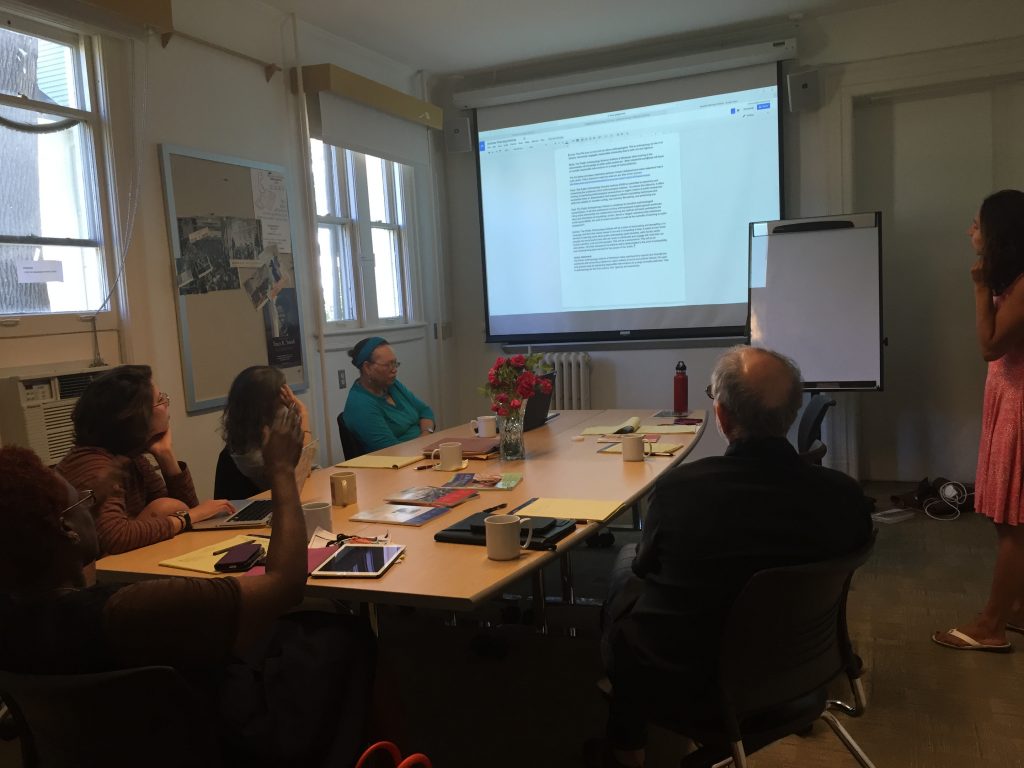
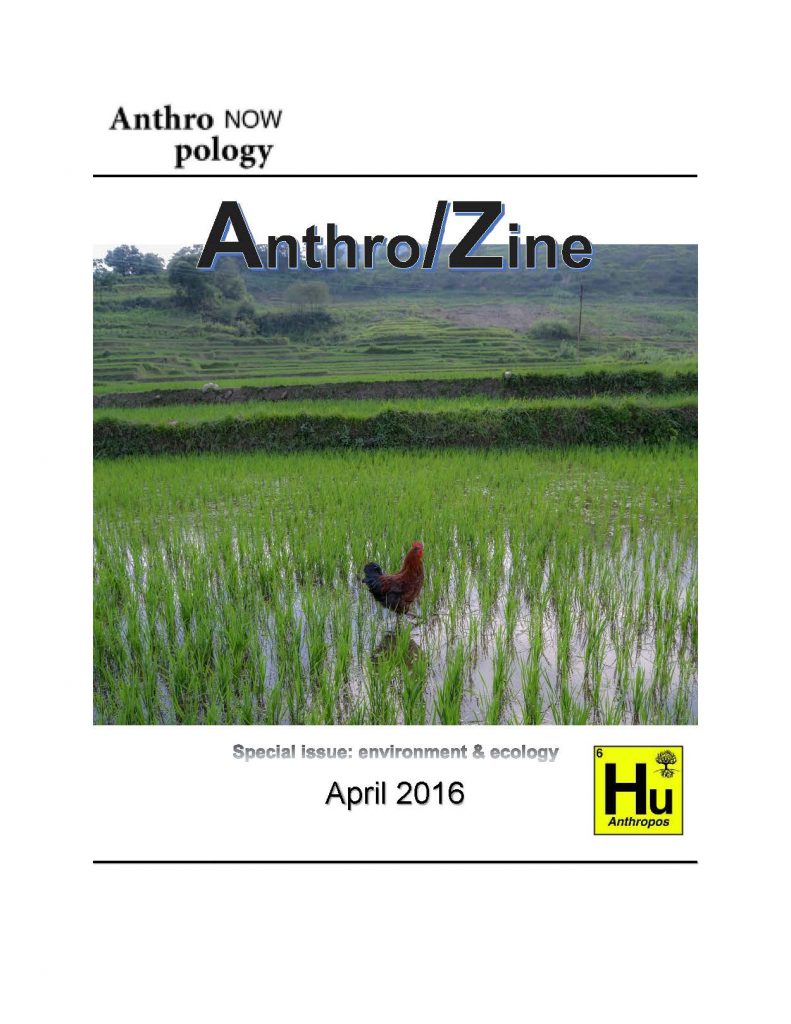 Anthro/Zine | April 2016
Anthro/Zine | April 2016
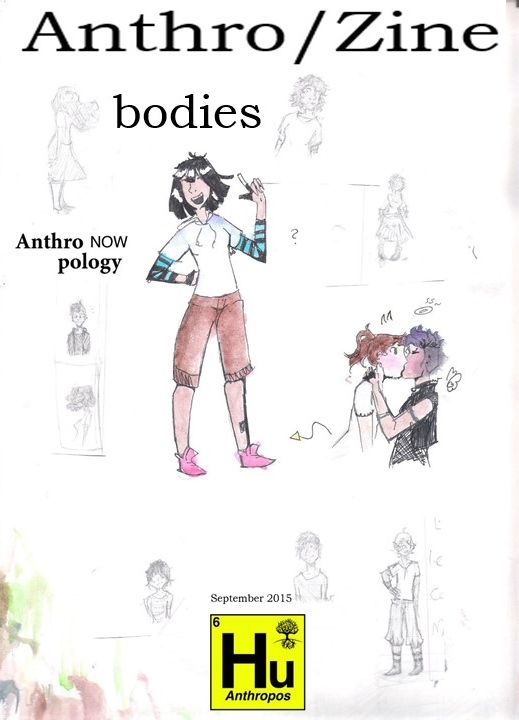
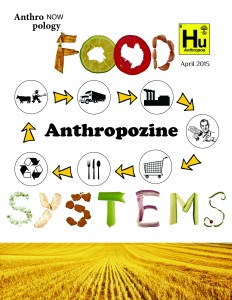 .
.